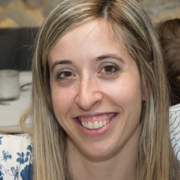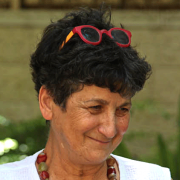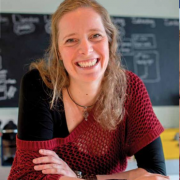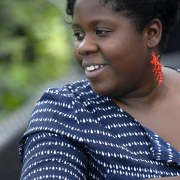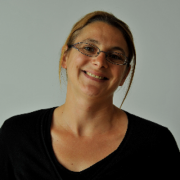Catalysts for societal challenges: really our role?
A number of science centres and museums seem to have begun undertaking new roles: beyond enthusing young people about science and inspiring them to embrace STEM careers, these organisations are more and more involved in projects and activities that transform them into catalysts for societal changes.
Museums had been collaborating with NGOs, companies or municipalities since many years but now they begin focusing on certain issues like gender inclusion or community building and become the hubs that bring actors together. They move beyond their ‘usual business’ and open up to their communities. But do they have to give up important pre-existing roles in order to succeed in this new one? Are they best placed to bring these different stakeholders together? And who are their most important ‘clients’ if not existing visitors? In this session three organisations that have been undertaking these new roles share their successes and failures.
Session speakers
As a science museum in a very diverse city-Jerusalem, we decided to play a significant role in building a Community of Practice of STEM informal organizations, academia and industries to give professional support to students and their teachers from all sectors, in their STEM research and development projects. Based on the Collective Impact approach, putting together organizations from different sectors and from different communities, to agree to solve a specific social problem, using a common agenda, aligning their efforts, and using common measures of success, the BSMJ initiated the Urban Advantage Initiative and serves as its backbone organization. That raised many questions: who should be sitting around the table? What Is it the role of the Education Authorities? Do we have the expertize? What do we gain and what do we lose?
As National coordinator for the Netherlands in a project that aims to stimulate open schools for open societies we have picked up a role that is new to us. What does this role bring to us as a science center? Are we confident in this role? What are the struggles we face and how do we plan to solve them? Lets discuss it in this session.
In the past decades, our institutions have learnt to get read of the deficit model, to become more participative… Social Inclusion is our new challenge. From those years of field experiences of hands-on science learning activities with underprivileged groups and migrants; we came with good practices, CPD for science explainers but also lot of struggles. Obviously none is against social inclusion, we accept our role as educational, cultural and social institutions, but to what extent? Do we loose the science in bringing the social to the fore? Or is science actually becoming more relevant in society by linking it with social responsibility?
The effect of the economic downturn across Europe and the loss of employment have inspired science centers and museum organizations to be creative in the development of new activities, in the engagement of new type of audiences.
In order to compensate the decrease of public funding and to diversify its audiences, the last couple of years Cap Sciences has developed new activities targeted mainly to companies, but also to entrepreneurs or emerging entrepreneurs. For this purpose the science center has created a dedicated space, which comprises of a Fablab and a creative space. This new role of « change agitator » is based on the expertise of the science center to group together different types of stakeholders (University, companies, schools, local authorities etc.) to confront their ideas and perspectives on a large range of topics. But how do we make the link between this new role and the science center main mission of engaging audiences in science and technology? In what extend an activity can nurture the other one? Let’s discuss about it.

